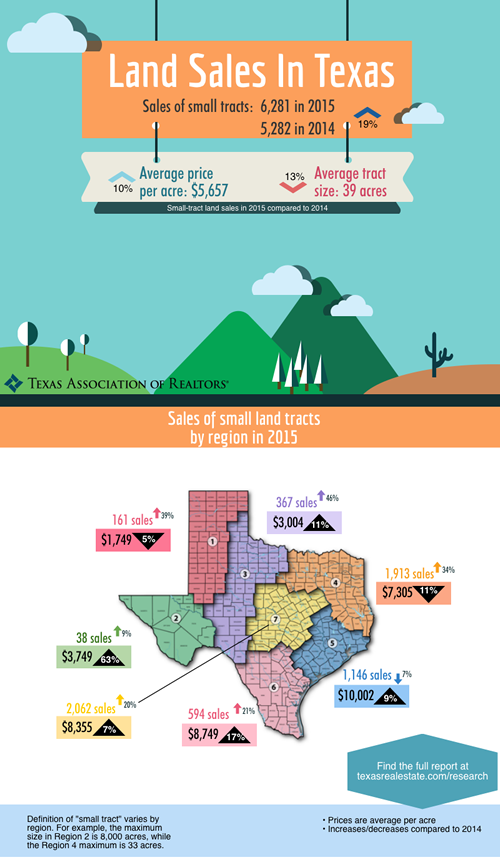In Lehman’s Terms
It’s finally here. After a seemingly never-ending campaign season, it’s time to cast our votes.
You may already know who you’re choosing for president … but do you know what else will be on your ballot?
Going down the ballot
There are several state-level races and the race for who will represent your district in the U.S. House of Representatives. (All of the 36 Texas seats are up for election.) And depending on where you live, you may be voting for your state representative or senator, or for local races, such as city council or school board.
You may even have local propositions to vote “for” or “against” on your ballot.
These are known as “down-ballot” races. While they don’t garner as much attention as the top of the ticket, they have the greatest impact on your daily life. The people in these state and local offices make decisions about the roads you drive, your children’s schools, and how properties are developed in your community.
Are you getting the truth?
That’s why it’s so important to educate yourself about the candidates and the issues. Don’t wait and just be surprised by what’s on your ballot. Contact your county elections office to request a sample ballot ahead of time to see what exactly you’ll be voting on, and then research your options.
With so much misinformation floating around on social media, talk radio, email chains, and from sources that aren’t associated with candidates’ campaigns, voters have more responsibility now than ever to dig down and get the truth ourselves.
You can also see what credible sources are saying about your options. Like many trade associations, the Texas Association of REALTORS® spends months vetting candidates before deciding who to support. Visit texasrealtorssupport.com to see the REALTOR®-supported candidates on your ballot and a list of all the candidates we’re supporting in the general election based on their dedication to protecting private-property rights.
Give your ballot a second look
Maybe your plan is to only vote for candidates in one political party—a practice called straight-ticket voting. Texas is actually one of only nine states that allow straight-ticket voting.
It’s a convenient option for voters who want to support all of the candidates in one party. But it presents the possibility that you may not make a selection in some races because it doesn’t apply in nonpartisan races—like city council and school board—or ballot propositions. If you use straight-ticket voting, be sure to review these races, too.
The Texas secretary of state announced earlier this month that a record number of Texans—more than 15 million people—have registered to vote. Thankfully, early voting runs through November 4 … so we don’t all have to stand in line on November 8.
See you at the polls.
Mark Lehman is vice president of Governmental Affairs for the Texas Association of REALTORS®.
Source: Advice for Consumers RSS Feed
